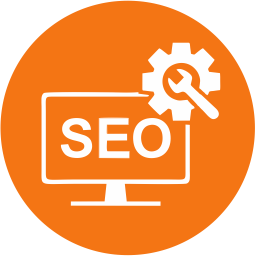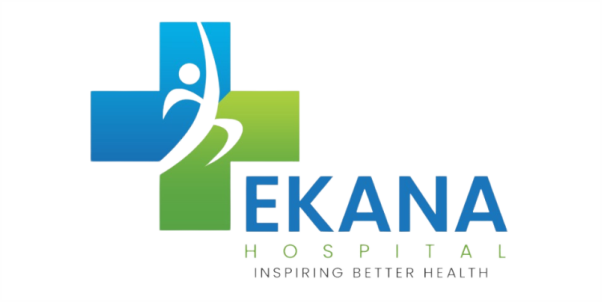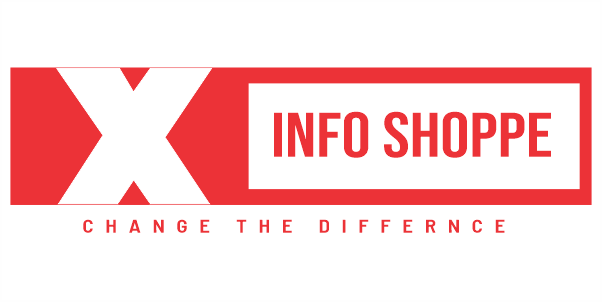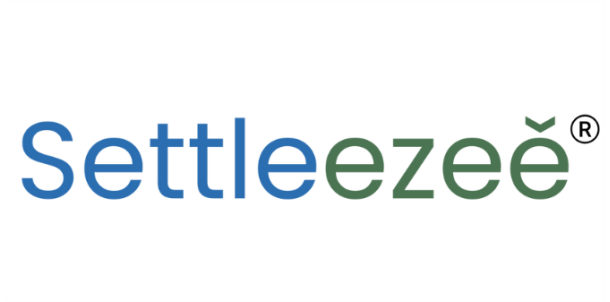- +1 (717) 710 6577
- info@digitalmartlab.com
Introduction to SEO
Search Engine Optimization (SEO) is a collection of strategies and techniques aimed at improving a website’s visibility in search engine results pages (SERPs). By optimizing various elements of your website and creating valuable content, SEO helps attract more organic traffic from search engines like Google, Bing, and Yahoo.

Pricing custom to you. Starting at $2,000
Here are eight key points about SEO Marketing

Keyword Research
Identifying relevant keywords and phrases that potential customers use to search for products or services similar to yours.

On-Page Optimization
Enhancing individual web pages' content and HTML source code to rank higher and earn more relevant traffic. This includes meta tags, headers, and keyword placement.

Technical SEO
Improving the technical aspects of a website to ensure search engines can crawl and index it effectively. This includes site speed, mobile-friendliness, and secure connections (HTTPS).

Content Creation
Producing high-quality, valuable content that addresses the needs and interests of your target audience, helping to attract and retain visitors.

Link Building
Acquiring high-quality backlinks from reputable websites to increase your site's authority and improve its ranking on SERPs.

User Experience (UX)
Ensuring your website is user-friendly, with easy navigation, fast load times, and a responsive design to enhance visitor engagement and satisfaction.

Local SEO
Optimizing your website to attract local traffic, including managing online reviews, local citations, and Google My Business listings.

Analytics and Reporting
Continuously monitoring and analyzing SEO performance using tools like Google Analytics to track progress, identify areas for improvement.
Factors tracked and analyzed by SEO Marketing
- Keyword Rankings
- Organic Traffic
- Click-Through Rate (CTR)
- Bounce Rate
- Pages per Session
- Average Session Duration
- Conversion Rate
- Page Load Time
- Mobile-Friendliness
- Site Architecture
- Site Security
- Content Quality
- Meta Tags
- Header Tags
- Internal Linking
- External Links
- Backlink Profile
- Anchor Text
- Social Signals
- Schema Markup
- Indexing Status
- Crawl Errors
- Robots.txt
- XML Sitemap
- Local SEO Signals
- Competitor Analysis
- Algorithm Updates
Why SEO is Important
Increased Visibility and Traffic: Higher rankings in SERPs lead to more visibility, which translates into increased website traffic.
Enhanced User Experience: SEO involves optimizing website structure and content, which improves the overall user experience.
Credibility and Trust: Users often trust websites that rank higher in search results, enhancing your brand’s credibility.
Cost-Effective: Unlike paid advertising, SEO focuses on organic growth, which can be more sustainable and cost-effective in the long run.
Key Components of SEO
Keyword Research: Identifying and targeting the right keywords that potential customers use to find your products or services.
On-Page SEO: Involves optimizing individual web pages to rank higher. This includes the use of relevant keywords in title tags, meta descriptions, headers, and content.
Off-Page SEO: Building a website’s authority through backlinks from reputable sites, social media marketing.
Technical SEO: Improving the backend of the website, such as site speed, mobile-friendliness, and XML sitemaps, to help search engines crawl and index your site more effectively.
Local SEO: Optimizing your online presence for local searches, which includes managing.
Local SEO: Optimizing your online presence for local searches, which includes
managing local listings, acquiring customer reviews, and optimizing Google My
Business profiles.
Effective SEO Strategies
Comprehensive Keyword Strategy: Identify and integrate primary and secondary keywords into your content naturally.
High-Quality Content: Focus on producing valuable and engaging content that addresses your audience’s questions and needs.
Link Building: Develop a strong backlink profile by acquiring links from high-authority websites, which enhances your site’s credibility.
Regular SEO Audits: Conduct regular SEO audits to identify and fix issues, update content, and adapt to new search engine algorithms.
User Experience Optimization: Ensure your website is fast, mobile-friendly, and easy to navigate to improve user engagement and reduce bounce rates.
Interested in working together?
Faq
Freequently Ask Questions
SEO (Search Engine Optimization) is a set of strategies and techniques aimed at improving the visibility of a website in search engine results pages (SERPs). By optimizing various elements of your website and creating valuable content, SEO helps attract more organic traffic from search engines like Google, Bing, and Yahoo.
SEO works by optimizing your website’s content, structure, and backlinks to align with the algorithms that search engines use to rank websites. These optimizations help search engines understand your site’s relevance and value, which in turn improves your site’s rankings for relevant keywords.
SEO is important because it:
- Increases visibility and traffic: Higher rankings in search results lead to more visibility and increased website traffic.
- Builds credibility and trust: Users often trust websites that rank higher in search results, enhancing your brand’s credibility.
- Enhances user experience: SEO involves optimizing your website’s structure and content, which improves the overall user experience.
- Cost-effective: Unlike paid advertising, SEO focuses on organic growth, which can be more sustainable and cost-effective in the long run.
The key components of SEO include:
- Keyword Research: Identifying and targeting relevant keywords that potential customers use to find your products or services.
- On-Page SEO: Optimizing individual web pages with relevant keywords in title tags, meta descriptions, headers, and content.
- Off-Page SEO: Building a website’s authority through backlinks from reputable sites and social media engagement.
- Technical SEO: Enhancing the backend of the website, such as site speed, mobile-friendliness, and XML sitemaps.
- Content Creation: Developing high-quality, engaging, and relevant content for your audience.
- Local SEO: Optimizing your online presence for local searches, including managing local listings and customer reviews.
The timeline for seeing results from SEO can vary depending on factors such as industry competition, the current state of your website, and the SEO strategies implemented. Generally, it can take several months to start seeing significant improvements in search rankings and traffic.
The cost of SEO services can vary based on the scope of work, industry competitiveness, and the expertise of the agency. Generally, prices range from:
- Monthly Retainer: $1,500 to $5,000 per month for ongoing SEO services.
- Project-Based: $1,000 to $30,000 for one-time SEO projects.
- Hourly Consulting: $100 to $300 per hour for SEO consulting services.
When choosing an SEO agency, consider the following:
- Experience and expertise: Look for an agency with a proven track record in your industry.
- Services offered: Ensure they provide comprehensive SEO services, including on-page, off-page, and technical SEO.
- Transparency: The agency should offer clear reporting and communication.
- Client testimonials: Positive reviews and case studies from previous clients can indicate the agency’s reliability and effectiveness.
On-Page SEO involves optimizing elements on your website, such as content, HTML code, and site architecture, to improve its relevance and user experience. Off-Page SEO focuses on building your website’s authority and reputation through external factors like backlinks from other reputable websites and social media engagement.
Yes, Local SEO is designed to help businesses attract more customers from relevant local searches. This involves optimizing your website for local search terms, managing local listings, and acquiring customer reviews to improve your visibility in local search results.
10. How do I track the success of my SEO efforts?
You can track the success of your SEO efforts by monitoring various metrics, including:
- Organic traffic: The number of visitors coming to your site from search engines.
- Keyword rankings: Your site’s position for targeted keywords in search results.
- Conversion rates: The percentage of visitors who complete a desired action (e.g., making a purchase, filling out a form).
- Bounce rate: The percentage of visitors who leave your site after viewing only one page.
- Backlinks: The number and quality of external links pointing to your site.
While it’s possible to learn and implement basic SEO techniques yourself, hiring a professional SEO agency can be beneficial, especially for more complex or competitive industries. Professionals bring expertise, experience, and resources that can significantly enhance your SEO efforts and results.
Content plays a crucial role in SEO by:
- Providing value: High-quality content that answers users’ questions and meets their needs can improve rankings.
- Using keywords: Incorporating relevant keywords naturally into your content helps search engines understand its relevance.
- Earning backlinks: Valuable content is more likely to be linked to by other websites, enhancing your site’s authority.
- Engaging users: Well-written content keeps visitors on your site longer, reducing bounce rates and improving engagement metrics.
Our Clients

















